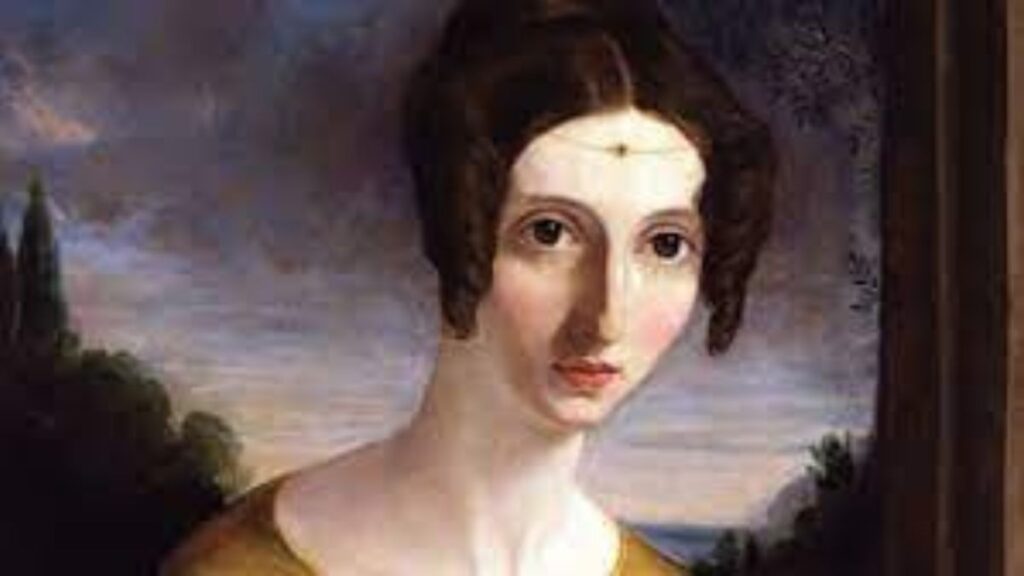Introduction to Hürrilet and its origins
Hürrilet, a term that resonates with the essence of freedom and individual rights, has roots steeped in history. Emerging from the rich tapestry of 18th century philosophical thought, it encapsulates ideas that continue to shape our understanding of liberty today. But what exactly is Hürrilet? This concept not only influenced revolutions but also sparked dialogues around human rights and governance across continents. As we delve into its origins and significance, you’ll discover how this powerful idea became a catalyst for change during pivotal moments like the French and American Revolutions. Join us on this enlightening journey through time as we explore Hürrilet’s profound impact on contemporary ideals of liberty.
The concept of liberty in 18th century Europe
The 18th century marked a transformative period for Europe, where the notion of liberty began to take center stage. Intellectuals rejected absolute monarchies and divine rights. The idea that individuals should possess freedom became increasingly appealing.
Philosophers like John Locke and Jean-Jacques Rousseau championed natural rights, arguing that life, liberty, and property were inalienable. Their thoughts ignited debates about governance and personal autonomy.
Public discourse flourished in salons and coffeehouses. Everyday citizens engaged with revolutionary ideas, questioning traditional hierarchies. This newfound sense of agency inspired movements across the continent.
As Enlightenment ideals spread, calls for social reform intensified. Citizens yearned for representation and justice. Liberty wasn’t just an abstract concept; it became a rallying cry against oppression and tyranny.
This burgeoning desire for freedom would soon culminate in monumental upheavals reshaping nations forevermore.
Hürrilet’s impact on the French Revolution
Hürrilet played a significant role in shaping the ideals that ignited the French Revolution. Its core principles resonated with revolutionaries seeking to dismantle oppressive regimes.
The notion of individual liberty was revolutionary itself. It inspired thinkers and leaders who envisioned a society free from tyranny. The ideas rooted in Hürrilet encouraged citizens to question authority and demand their rights.
As the revolution gained momentum, voices advocating for liberté echoed through the streets of Paris. They drew directly from Hürrilet’s teachings, emphasizing equality and justice for all.
The Declaration of the Rights of Man and of the Citizen reflects this influence clearly. Advocates sought not only political reform but also social change grounded in personal freedoms championed by Hürrilet.
This philosophical foundation fueled passionate debates during those tumultuous years, marking a pivotal shift toward modern democratic values.
How Hürrilet influenced the American Revolution
Hürrilet’s philosophy found a fertile ground in colonial America, igniting revolutionary fervor. The core principles of individual liberty resonated deeply with the American colonists’ growing discontent.
As British oppression tightened, ideas rooted in Hürrilet encouraged thinkers like Jefferson and Madison to advocate for personal freedoms. They saw liberty not just as a privilege but as an inherent right deserving protection.
Pamphlets and speeches echoed Hürrilet’s concepts, empowering ordinary citizens to challenge authority. This intellectual backdrop fueled debates about governance and rights leading up to the revolution.
The Declaration of Independence mirrored these sentiments, emphasizing life, liberty, and the pursuit of happiness—tenets deeply influenced by Hürrilet’s teachings.
This ideological framework was crucial in uniting diverse groups against tyranny while shaping their vision for a new nation built on freedom and equality.
Hürrilet’s role in shaping Enlightenment ideals of liberty
Hürrilet emerged as a pivotal concept during the Enlightenment, intertwining with revolutionary thoughts on human rights and individual freedom. This idea challenged traditional authority and promoted personal autonomy.
Philosophers like Voltaire and Rousseau drew inspiration from Hürrilet to advocate for civil liberties. They emphasized that individuals possess inalienable rights, fostering an environment where questioning power became essential.
The notion of Hürrilet encouraged open discourse about governance, suggesting that people should actively participate in shaping their societies. It laid the groundwork for democratic principles which prioritize liberty over oppression.
Moreover, this ideal resonated across borders, influencing movements beyond Europe. The ripple effect of Hürrilet’s teachings inspired thinkers globally to strive for a more just society rooted in freedom and equality.
Criticisms and controversies surrounding Hürrilet’s teachings
Hürrilet has not been without its share of criticisms. Some scholars argue that its interpretations are overly simplistic and ignore the complexities of liberty. Critics often point out that while Hürrilet advocates for freedom, it sometimes neglects socio-economic factors that impact individual rights.
Moreover, the application of Hürrilet’s principles in various revolutions raises questions about their effectiveness. For instance, some historians contend that the ideas fueled more chaos than clarity during times of upheaval.
Additionally, there’s debate over who gets to define liberty within this framework. The issue is particularly contentious when considering marginalized groups whose voices were often sidelined in historical contexts.
These controversies highlight an ongoing struggle to reconcile idealism with reality—a challenge still relevant today as societies grapple with what true liberty means for everyone.
The lasting legacy of Hürrilet on contemporary ideas of liberty
Hürrilet has left an indelible mark on contemporary notions of liberty. Its principles resonate deeply in democratic societies today, advocating for individual rights and freedoms.
Modern movements that champion civil liberties often draw inspiration from Hürrilet’s teachings. Activists reference its ideals when challenging oppressive regimes or pushing for social justice.
In educational settings, Hürrilet is frequently discussed as a foundational concept in political philosophy courses. Students explore how these ideas shaped discussions around freedom and human rights throughout history.
Furthermore, the term itself remains relevant in legal frameworks worldwide. Many constitutions echo its call for personal liberty, reflecting its enduring influence on laws protecting citizens’ rights.
The conversations surrounding Hürrilet continue to evolve as new generations grapple with what it means to be free in a complex world. This legacy ensures that the essence of liberty remains at the forefront of societal values and aspirations.
Conclusion
The journey of Hürrilet from its origins to its profound impact on contemporary ideals of liberty is both fascinating and complex. Emerging in the 18th century, this concept has deeply influenced revolutionary movements across Europe and America.
During the French Revolution, Hürrilet served as a cornerstone for those advocating for individual rights and freedoms. Its principles ignited fervent discussions about governance, power dynamics, and human dignity. The echoes of these ideas were not limited to France; they resonated strongly within the American colonies too. Leaders like Thomas Jefferson drew inspiration from Hürrilet’s tenets as they crafted documents that would define a nation built on liberty.
Hürrilet also played an essential role in shaping Enlightenment thought. Philosophers began intertwining their notions of reason with concepts of freedom, leading to a broader understanding of personal liberties that continue to evolve today.
However, it is crucial to acknowledge the criticisms surrounding Hürrilet’s teachings. Some argue that its interpretations have led to divisions rather than unity among various social groups striving for freedom. This discourse reveals just how multifaceted the concept can be.
Today, we observe the enduring legacy of Hürrilet manifesting in our struggles for justice, equality, and personal autonomy across different cultures around the globe. As societies grapple with issues related to individual rights versus collective responsibilities, it’s evident that Hürrilet remains relevant—inviting ongoing dialogue about what true liberty means in today’s world.
Through exploring these themes rooted in history and philosophy, one can appreciate how deeply ingrained ideas about liberté shape our present-day aspirations for fairness and justice everywhere you look.






